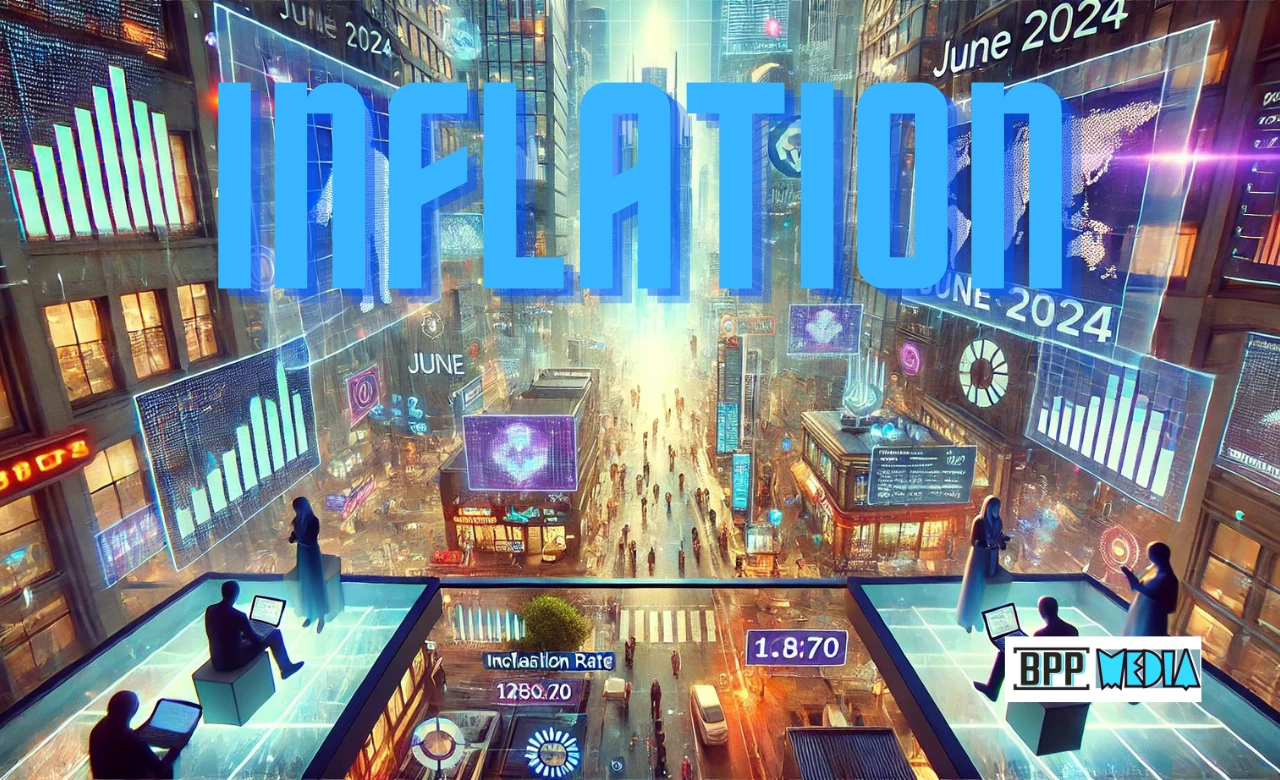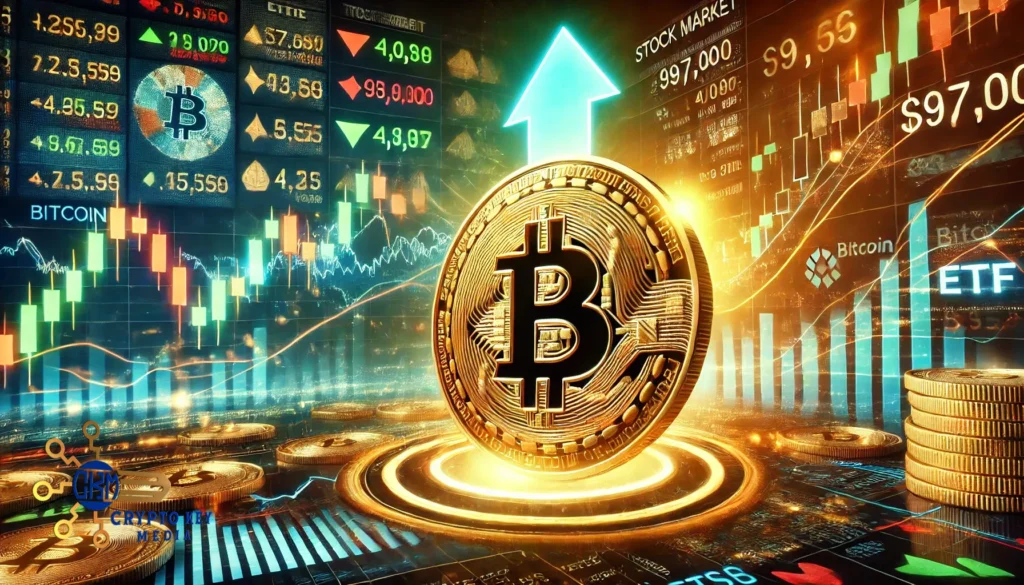
June 2024 Inflation Rate Surpasses Expectations
June 2024 inflation rate surpasses expectations, coming in at 3.0%, slightly below the anticipated 3.1%, and down from 3.3% in the previous month. Core CPI inflation also decreased to 3.3%, under the expected 3.4%. This marks the 39th consecutive month with inflation at or above 3% and the third straight month of declining CPI inflation. This trend is significant for both economists and the general public, as inflation rates directly impact the cost of living and the overall economic environment.
Key Points:
- Inflation Rate: The June 2024 inflation rate fell to 3.0%.
- Core CPI Inflation: Decreased to 3.3%, below the expected 3.4%.
- Consecutive Highs: The June 2024 inflation rate has remained at or above 3% for 39 months.
- Market Impact: The June 2024 inflation rate changes have significant implications for the economy and financial markets.
Market Analysts’ Perspective
Market analysts and investors have closely monitored the June 2024 inflation rate due to its significant impact on the economy and financial markets. The Federal Reserve pays particular attention to inflation, as it influences economic stability and guides the Federal Open Market Committee’s monetary policy decisions. Analysts are particularly interested in how the June 2024 inflation rate figures will affect the Fed’s strategy moving forward.
The persistent June 2024 inflation rate above 3% for 39 months has been a cause for concern among economists. It indicates a prolonged period of elevated prices, which can erode purchasing power and savings. The recent decline in the June 2024 inflation rate, however, offers a glimmer of hope that inflationary pressures might be easing. The core CPI inflation, which excludes volatile food and energy prices, provides a more stable measure of long-term trends, and its decline to 3.3% is a positive sign.
Speculation on Interest Rate Cuts
June 2024 inflation rate surpasses expectations, leading to increased speculation about potential interest rate cuts by the Federal Reserve. As of Monday, financial markets were pricing in a more than 75% chance of a rate cut at the Fed’s September meeting, based on data from the CME Group’s FedWatch tool, which forecasts rate movements based on fed funds futures trading data. This speculation is driven by the belief that the June 2024 inflation rate reduces the need for the Fed to maintain high-interest rates to control price increases.
Interest rates are a primary tool used by the Federal Reserve to manage inflation. By raising rates, the Fed can cool economic activity and curb inflation. Conversely, lowering rates can stimulate the economy by making borrowing cheaper. The prospect of a rate cut is seen as beneficial for businesses and consumers who may face lower borrowing costs, but it also carries the risk of fueling inflation if the economy overheats.
Expert Opinions
Some experts argue that the Fed has managed the June 2024 inflation rate effectively without triggering a severe economic slowdown. This balancing act is crucial for maintaining economic stability. The details of the June 2024 inflation rate report may offer insights into inflation’s impact on everyday finances and the outlook for the Fed’s policies.
Economists note that while the overall June 2024 inflation rate is important, the core CPI is particularly significant because it reflects underlying inflation trends without the noise of temporary price shocks. The decline in core CPI suggests that the fundamental inflationary pressures in the economy are easing, which could give the Fed more room to maneuver.
Market Reaction
The market reaction to the June 2024 inflation rate surpassing expectations has been mixed. While some investors view the decline in the June 2024 inflation rate as a positive development, others remain cautious, worried about the potential for the Federal Reserve to overtighten. This caution stems from the fear that too many rate cuts could lead to an overheated economy and a subsequent resurgence of inflation.
Investors are also concerned about the broader economic context. While lower inflation is generally positive, it can also signal weakening demand, which could be a precursor to a slowdown or recession. The mixed reaction in the markets reflects this uncertainty, with some sectors benefiting from the prospect of lower rates while others remain wary of the potential downside risks.
Looking Ahead
Looking forward, attention will be on the Federal Reserve’s next meeting, with the possibility of an interest rate cut being a key focus. The Fed’s decision will hinge on various factors, including the pace of economic growth, the labor market, and the inflation outlook. Policymakers will need to balance the need to support the economy with the risk of reigniting inflation.
The labor market is a critical factor in the Fed’s decision-making process. A strong labor market with low unemployment can support consumer spending and economic growth, but it can also lead to wage inflation. The Fed will need to consider whether the June 2024 inflation rate trends are likely to continue and whether the economy can sustain growth without excessive inflationary pressures.
Conclusion
In summary, the June 2024 inflation rate has surpassed expectations, fueling speculation about potential interest rate cuts by the Federal Reserve. The market reaction has been mixed, with some investors optimistic about the decline in the June 2024 inflation rate while others remain cautious. As the Federal Reserve navigates these complex dynamics, its decisions will have far-reaching implications for the economy and financial markets. The coming months will be critical in determining the trajectory of the June 2024 inflation rate and the broader economic landscape.
Read more: Here








